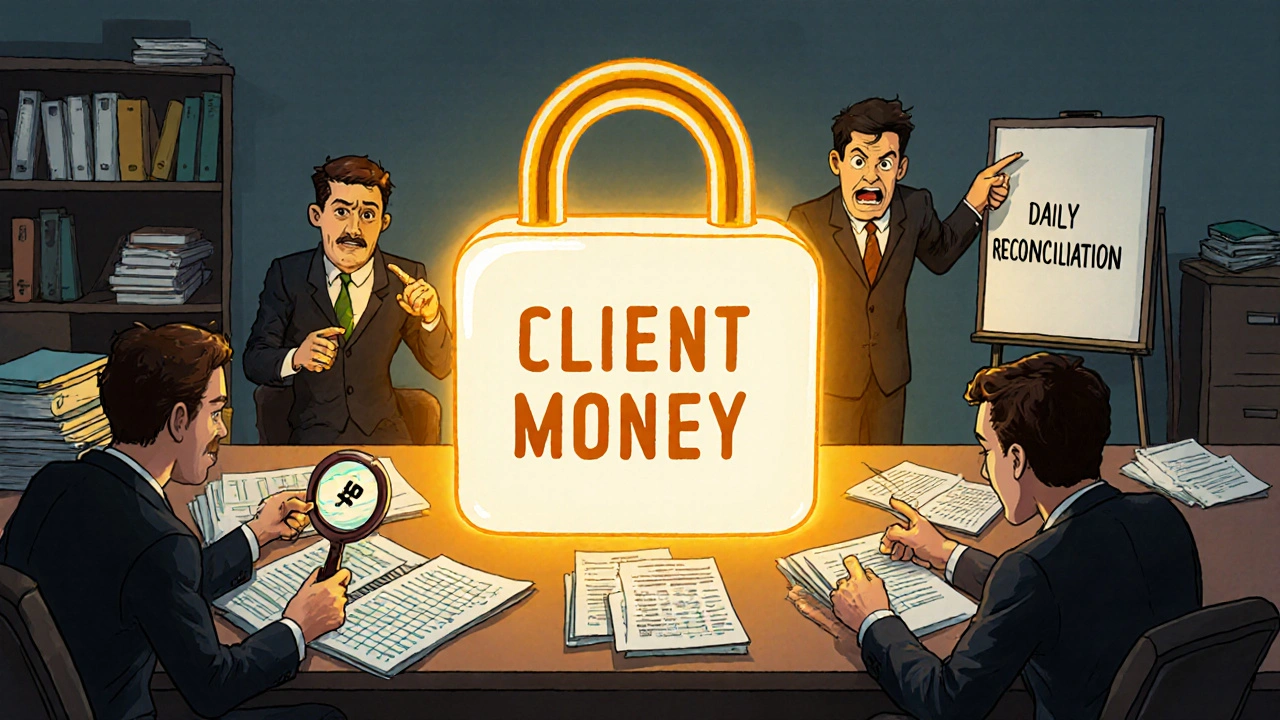Reconciliation in Investing: Fixing Discrepancies and Building Trust in Your Portfolio
When you reconciliation, the process of matching your investment records with official statements to confirm accuracy. Also known as portfolio reconciliation, it's the quiet, non-negotiable habit that separates confident investors from those who wake up to surprise losses. It’s not glamorous. You won’t see it on TikTok. But every time you compare your brokerage statement with your own log—whether it’s a single ETF purchase or a dozen crypto trades—you’re building a shield against mistakes, fraud, and bad data.
Reconciliation isn’t just about numbers lining up. It’s about trust. Trust in your broker. Trust in your apps. Trust in yourself. Think of it like checking your bank balance after a grocery run. If you spent $45 but your account shows $60 gone, you dig in. Same with your portfolio. Did your robo-advisor really sell that stock? Did your crypto wallet actually receive the 0.2 BTC you thought you bought? If you skip reconciliation, you’re flying blind. And in investing, blind spots cost money. Broker statements, official records from your trading platform that detail every transaction and holding are your primary source of truth. Financial tracking, the ongoing practice of logging and monitoring your investments manually or with tools is your backup. When they don’t match, something’s wrong—and it’s usually fixable if you catch it early.
You’ll find reconciliation popping up in posts about tax-loss harvesting, robo-advisors, and even emergency funds. Why? Because if your portfolio records are messy, your tax strategy crumbles. If you think you own 10 shares of a fund but your broker says 8, your asset allocation is off. And if you’re using a tool like Betterment or SoFi Invest, you still need to verify their reports. Automation doesn’t mean absolution. Even the smartest algorithms can glitch, lag, or misreport. That’s why the most successful investors—whether they trade crypto or bond ladders—check their numbers regularly. Not once a year. Not when tax season hits. But often enough to catch small errors before they become big problems.
Reconciliation doesn’t require a finance degree. It just needs consistency. Set a calendar reminder. Open your statements. Cross-check your notes. Do it in 15 minutes. You’ll sleep better. You’ll trade smarter. And you’ll stop wondering if you’re missing something—because you’ll know exactly what you own, and why.
Below, you’ll find real guides from investors who’ve been there—fixing mismatches, spotting broker errors, and using reconciliation to take control of their money. No fluff. Just what works.
Client Money Rules: Reconciliation and Audit Explained for Financial Firms
Client money rules require financial firms to segregate, reconcile daily, and audit client funds to protect assets. Learn how UK's CASS 7 and Australia's ASIC rules work, why firms fail, and how automation is changing compliance.
View More